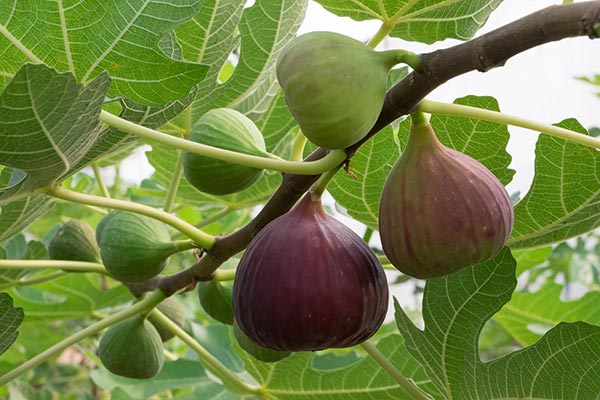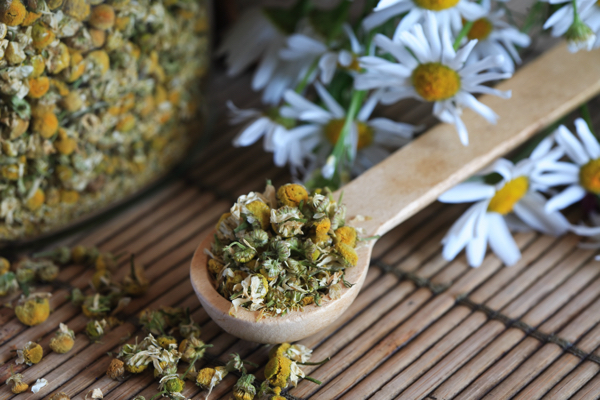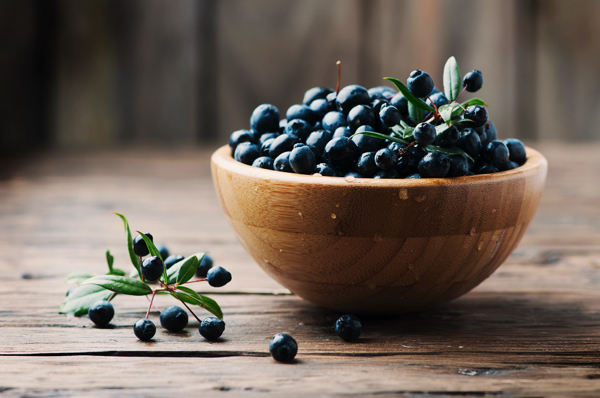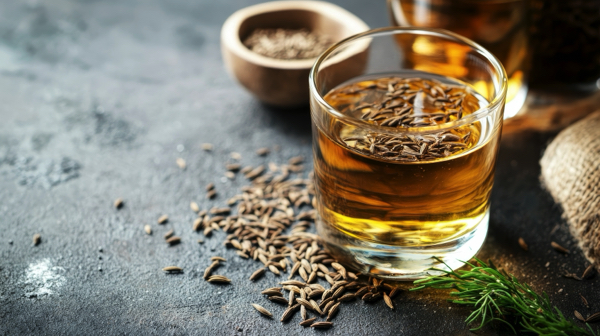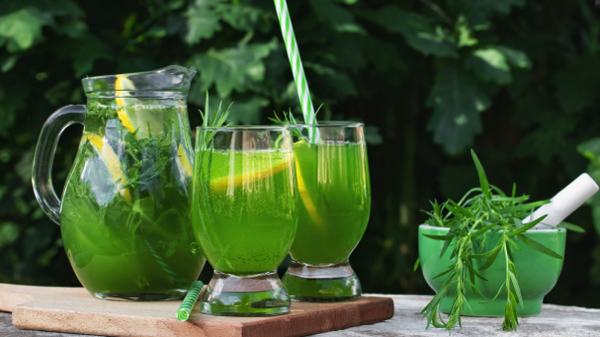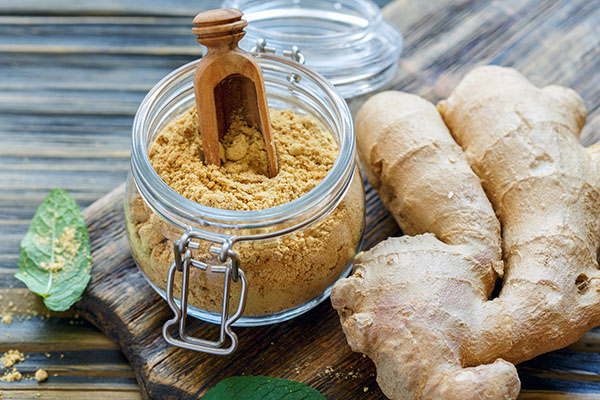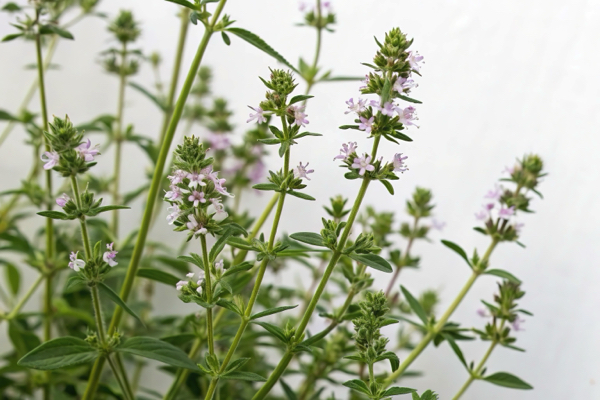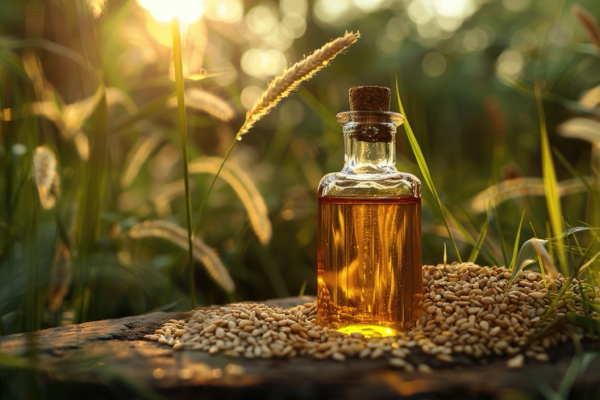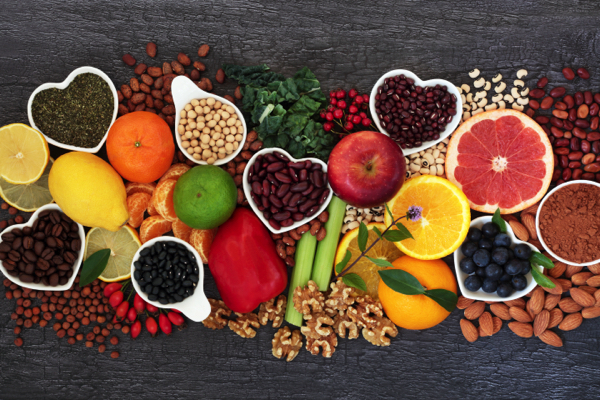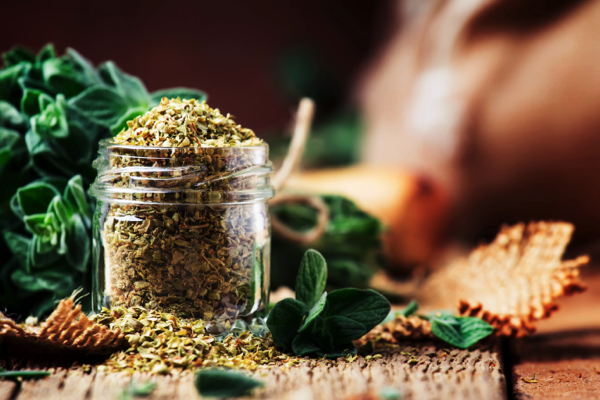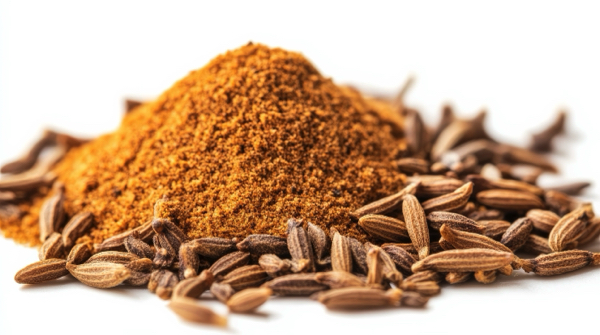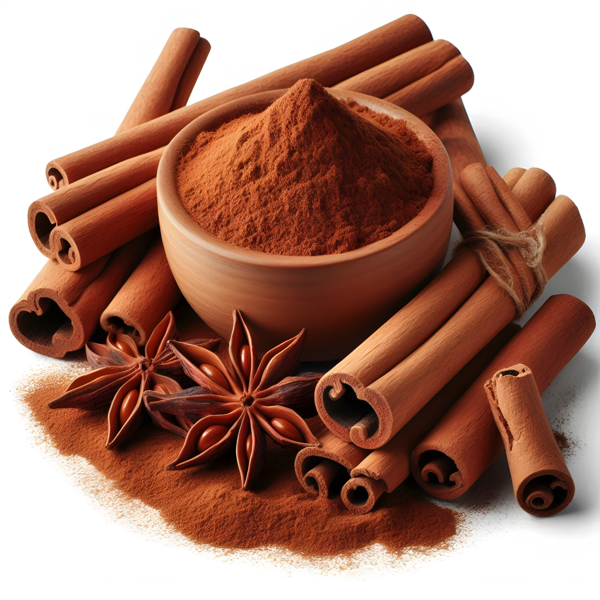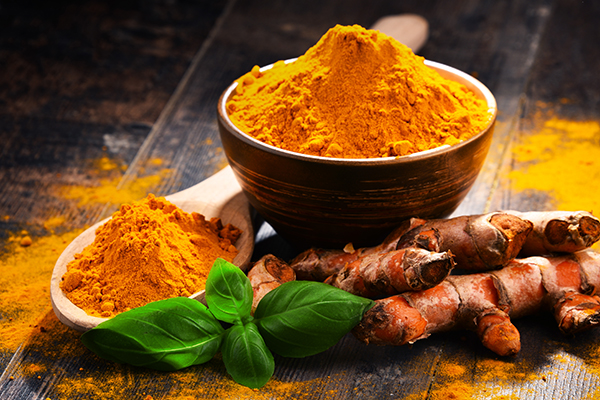Bay laurel leaf: A kitchen staple with an array of health benefits
11/22/2024 / By Olivia Cook
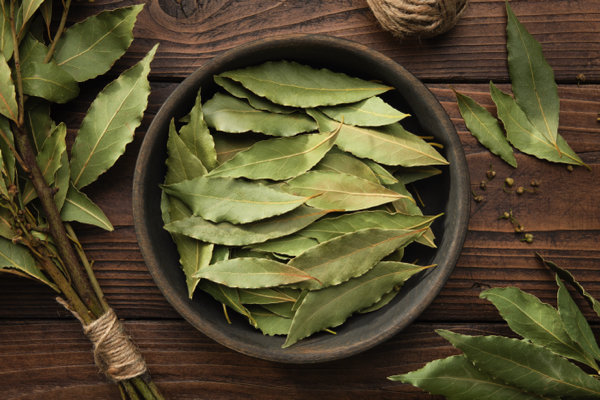
The bay laurel leaf, or bay leaf, is a staple in kitchens worldwide, but its uses extend far beyond seasoning a pot of hearty stew. This small, aromatic leaf carries a rich history, cultural significance and a surprising array of health benefits. Whether ticked into ancient rituals or explored in modern research, bay laurel is a remarkable botanical wonder.
With only 54 calories per ounce, bay leaves are a low-calorie choice that fits well into a healthy diet. While their fat content is negligible, they provide about one to 1.2 grams of protein and 12 to 13 grams of carbohydrates per ounce – making them a modest but worthwhile source of energy.
Rich in essential vitamins and minerals, bay leaves contain significant amounts of iron, which supports healthy blood function, and calcium, which is crucial for strong bones. While their potassium content is relatively small, it still plays a helping role in maintaining healthy blood pressure.
They are also a potent source of vitamin A, which can support vision and immune health. Additionally, with around 14 to 15 milligrams of vitamin C, bay leaves contribute to antioxidant defenses and overall vitality.
Even the often overlooked bay seeds are packed with dietary fiber, which is beneficial for digestion. Together, all these nutrients make bay leaves a suitable but valuable addition to both your meals and health regimens.
Health benefits linked to bay leaves
The chemical composition of bay leaves holds promising health benefits, as demonstrated by both traditional uses and modern research. Here is a breakdown of some of the key health benefits linked to this trove of bioactive compounds.
Anti-inflammatory effects
Compounds like cineole, flavonoids and eugenol in bay leaves are known for their anti-inflammatory properties. These may be particularly beneficial for conditions like arthritis, where inflammation causes joint pain and stiffness. By reducing inflammation, bay leaves can contribute to a more comfortable, active and healthy lifestyle.
Antimicrobial and antiviral properties
Bay leaf extracts have demonstrated effectiveness against a range of bacteria, fungi, viruses and even protozoa. This makes bay leaves a natural option for supporting the body’s defenses against harmful pathogens – complementing other healthy habits for maintaining overall health.
Antioxidant support
Bay leaves are rich in vitamin A, vitamin C and polyphenols – powerful antioxidants that help neutralize harmful free radicals in the body. This antioxidant activity may lower cholesterol levels, promote heart health and reduce inflammation – protecting the body from oxidative stress that can contribute to chronic diseases.
Digestive health support
Bay leaves have long been valued for their ability to soothe digestive issues. Their astringent and carminative properties may alleviate indigestion, bloating and colic. They are also known to stimulate appetite and relieve general stomach discomfort – making them a versatile remedy for digestive wellness.
Immune system support
The sesquiterpene lactones found in bay leaves may play a role in modulating the immune response. These compounds help reduce inflammation and may inhibit harmful microorganisms – enhancing the body’s ability to fight off infections and maintain a balanced immune system.
Blood sugar regulation
Emerging research suggests that bay leaves may help improve insulin function and regulate blood sugar levels – potentially reducing risk factors for diabetes. This traditional use of bay leaves is now being investigated as a natural way to support metabolic health.
Wound healing
Thanks to their antimicrobial and anti-inflammatory qualities, bay leaves may promote faster healing of minor wounds. Topical applications of bay leaf extracts can help reduce infection risks and inflammation – speeding up the natural healing process. (Related: Mangosteen and Indian bay leaf may help promote muscle strength.)
Read more stories like this at Herbs.news.
Watch this video about the amazing benefits of drinking bay leaf tea.
This video is from the Daily Videos channel on Brighteon.com.
More related stories:
Natural alternatives to OTC drugs for your survival medicine cabinet.
Plants from the laurel family found to exhibit potent antiviral properties.
11 Top benefits and uses of bay leaf.
Antioxidant turmeric and laurel leaf extracts reduce hardening of arteries, says science.
Sources include:
Submit a correction >>
Tagged Under:
alternative medicine, anti-inflammatory, antioxidants, antiviral, Bay leaf, blood sugar, digestive health, food is medicine, Herbs, immune system, laurel leaf, natural antibiotics, natural cures, natural health, natural medicine
This article may contain statements that reflect the opinion of the author
RECENT NEWS & ARTICLES
FoodIsMedicine.com is a fact-based public education website published by Food Is Medicine Features, LLC.
All content copyright © 2018 by Food Is Medicine Features, LLC.
Contact Us with Tips or Corrections
All trademarks, registered trademarks and servicemarks mentioned on this site are the property of their respective owners.


